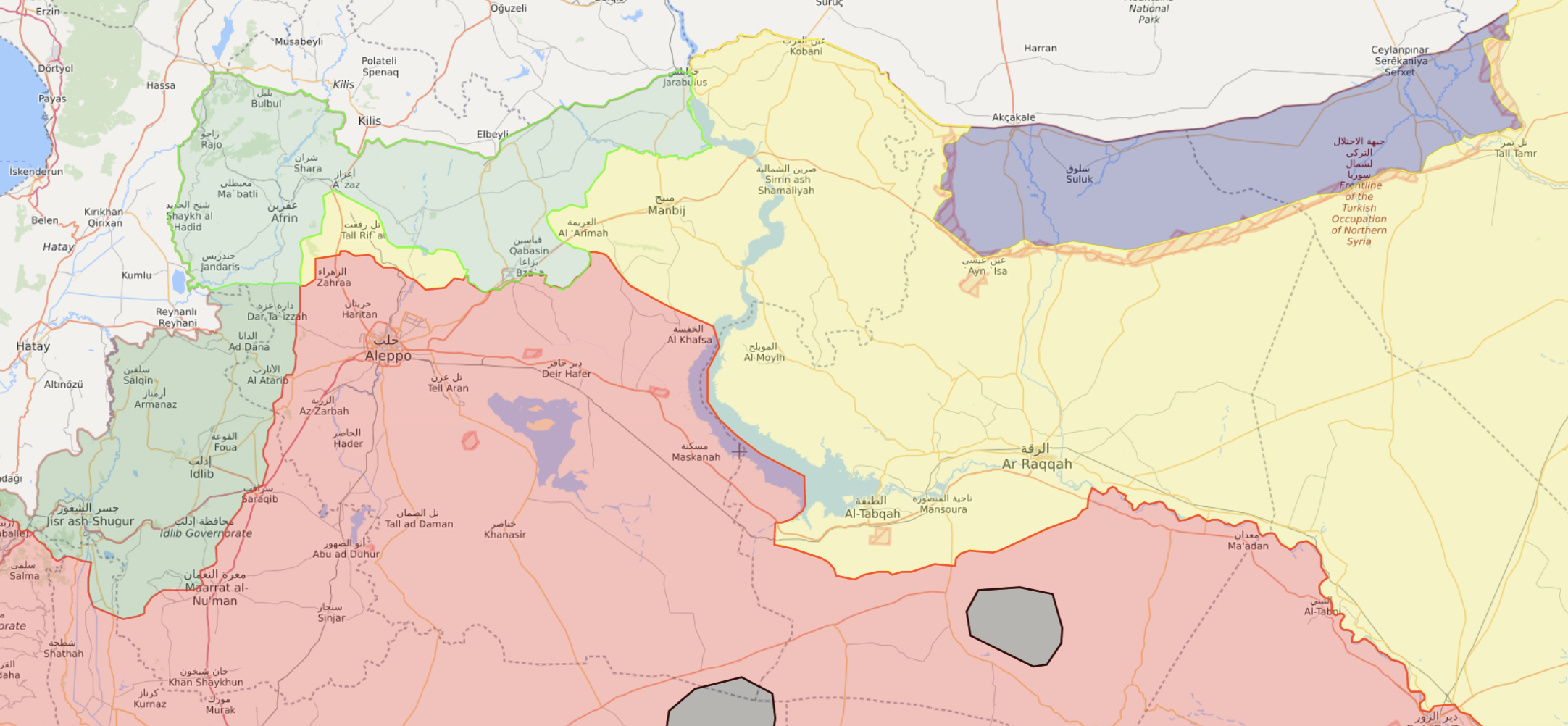Until now, the UNHCR estimates that more than 5.5 million Syrians are living as refugees in neighbouring countries, and 6.7 million are still internally displaced, of which about 2.5 million are children. Syria is also experiencing one of the worst socio-economic crises since the beginning of the conflict. The COVID-19 pandemic has further aggravated an already critical situation: the Syrian lira has lost three quarters of its value, while the cost of food and other essential items has risen by more than 200 per cent. The combined effect has been a dramatic reduction in purchasing power and rising levels of debt, leaving millions unable to put food on the table and meet their basic needs. Today, more than 13 million Syrians need humanitarian assistance and protection and almost 90% of the population lives in poverty (with less than $2 per day), with the result that an entire population, affected and violated of its human rights, struggles every day to survive.
While the attention of international media is gradually receding and the spotlight is turning away from this catastrophe, leaving one to imagine that the conflict is being resolved, the humanitarian crisis is improving and the wounds of an entire torn country are healing with time, the reality is that time is not healing any wounds but is only slowly dimming the memory of those who have been killed, injured and violated of their basic human rights and of those who are still living in a situation of extreme danger, uncertainty, and vulnerability, both within Syria and in neighbouring countries.


